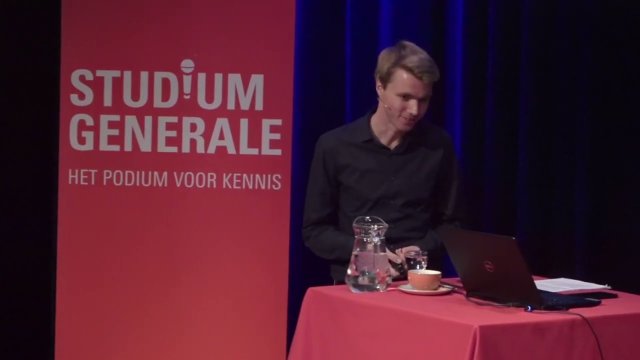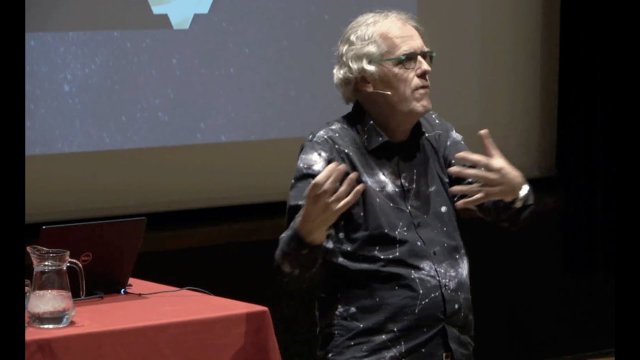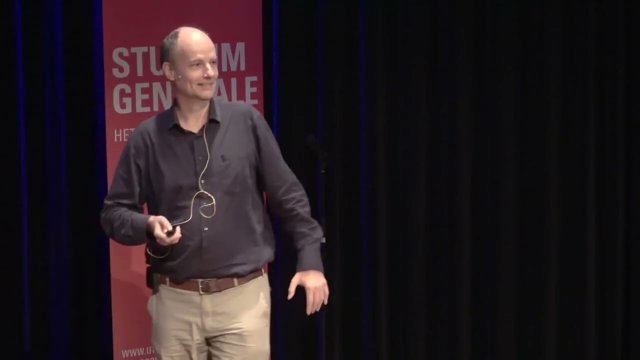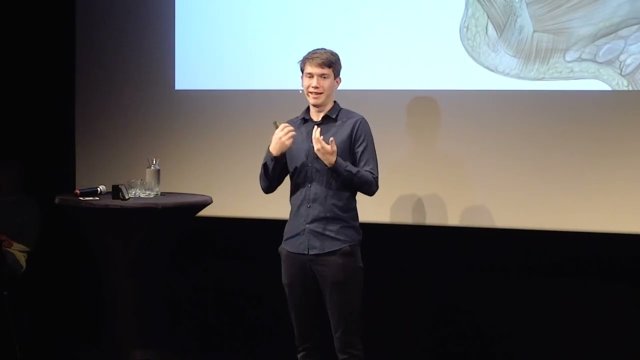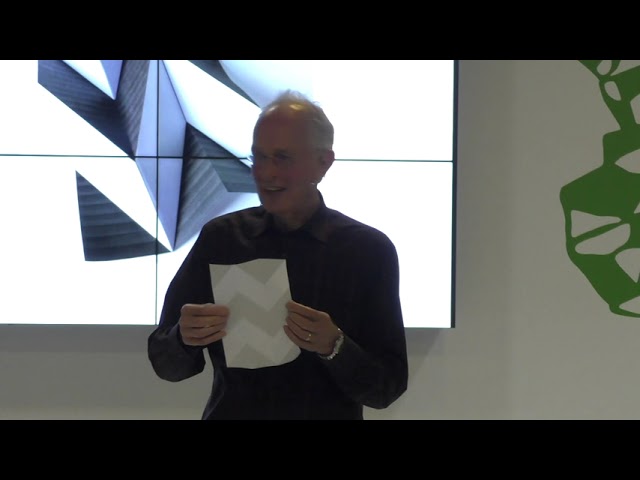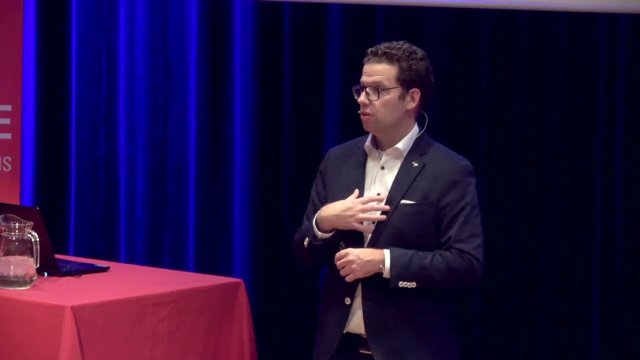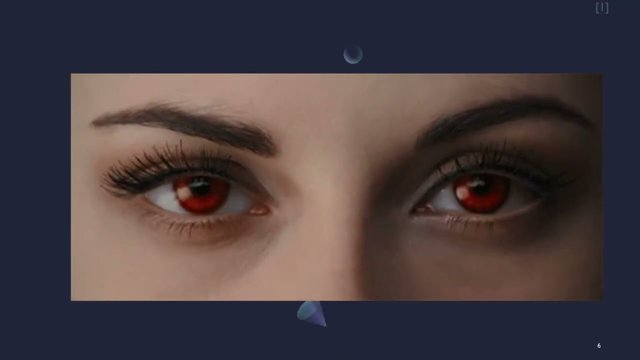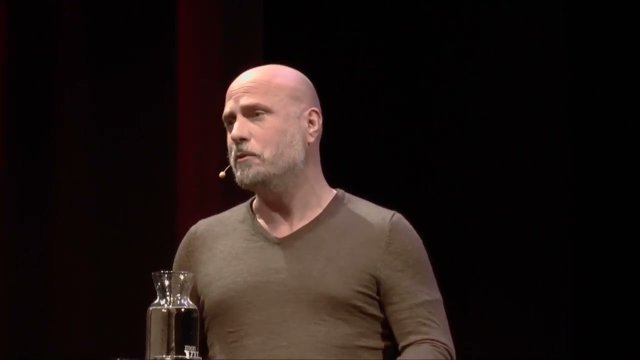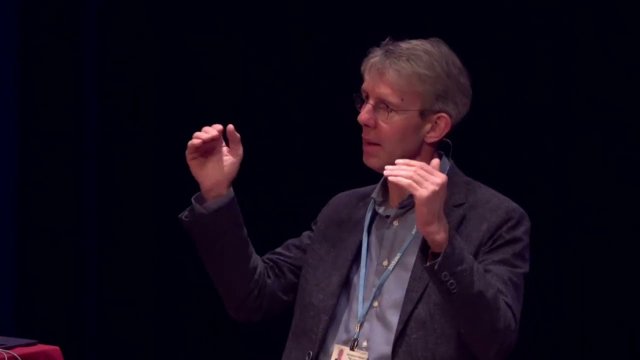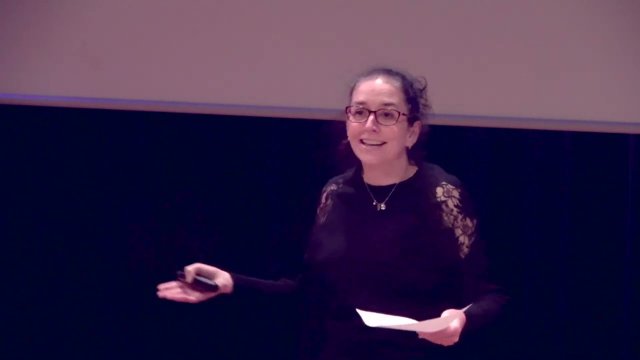Lezingen najaar 2022
Russia through the eyes of Tom Vennink
Tom Vennink is a Dutch journalist. He worked and lived for six years in Russia as a correspondent for de Volkskrant. In November 2021 he was – all of a sudden – expelled from Russia. ‘Reason’: an administrative offence. He had to leave the country within three days. Since the Russian invasion of Ukraine, in February 2022, many foreign journalists were forced to leave Russia. The biggest country on earth risks becoming a black spot for the world. How does Vennink, who now reports from Ukraine, see his beloved Russia these days? Does he see any hope for the future of Ukraine and of Russia?
Waarom huilen mensen eigenlijk?
Mensen huilen omdat ze verdrietig zijn of pijn hebben. Maar ook geluk kan tranen opwekken. Wat is de evolutionaire achtergrond van huilen? Zijn er culturele verschillen? Kunnen dieren ook huilen? Prof. dr. Ad Vingerhoets, emeritus hoogleraar Emoties en Welbevinden (Tilburg University), schreef het boek De emotionele mens. Hij ontzenuwt vooroordelen, presenteert verrassend onderzoek en illustreert zijn verhaal met boeiende filmfragmenten. Houd je zakdoek maar bij de hand.
Science Cafe Enschede: lowtech
Een huis van natuurlijke en lokale materialen. Een kruik in plaats van de CV. En een fiets in plaats van een auto. Het zijn zomaar een paar voorbeelden van lowtech: effectieve technologie die weinig milieubelastend is. Kris de Decker, oprichter en auteur van Lowtech Magazine, belicht tijdens dit Science Café de mogelijkheden van lowtech. Prof. dr. Johan Schot, hoogleraar Global History and Sustainability Transitions (UU), laat zien dat een systeemverandering in onze maatschappij nodig is en dat lowtech daarbij een grote rol kan spelen. Moderator: dr. Steven Dorrestijn (Lector Ethiek en Techniek, Saxion).
James Web spacetelescope
At approximately 1,5 million kilometers from Earth the James Webb Space Telescope orbits the Sun. From there it tries to capture light from the very first galaxies that formed just after the Big Bang, as well as from planets orbiting other stars. What will JWST reveal about the evolution of our universe? And could it perhaps also discover extraterrestrial life? Science journalist Govert Schilling will tell you all about this exciting astronomical project: from the calibration of its eighteen mirror segments to the stunning images this telescope produces
NOBEL PRIZES EXPLAINED
Prof.dr. Pepijn Pinkse (TNW) explains the Nobel Prize for Physics 2022 won by Alain Aspect, John Clauser and Anton Zeilinger for their groundbreaking experiments using entangled quantum states, where two particles behave like a single unit even when they are separated. Their results have cleared the way for new technology based upon quantum information. Read more.
Prof.dr.ir. Jurriaan Huskens (TNW) elucidates the Nobel Prize for Chemistry 2022 won by Barry Sharpless and Morten Meldal for laying the foundation for a functional form of chemistry – click chemistry – in which molecular building blocks snap together quickly and efficiently. Carolyn Bertozzi has taken click chemistry to a new dimension and started utilising it in living organisms. Read more.
Moderator: prof.dr.ir. Hans Hilgenkamp (TNW). In cooperation with Arago, Alembic and Paradoks.
Science Cafe Enschede
In het ziekenhuis kan een kunstmatige neus goed van pas komen, omdat deze in staat is om bijvoorbeeld vroegtijdig longkanker te detecteren. Drs. Sharina Kort (MST) vertelt over de medische toepassingen van de eNose. Zou er ook COVID mee op te sporen zijn? En hoe kan zo’n apparaat eigenlijk allemaal verschillende moleculen herkennen? Ir. Leon Smook (UT) onderzoekt hoe je kunstmatige neuzen kunt maken. Hij zal uitleggen hoe zo’n apparaat werkt en wat je ermee kunt ruiken. Moderator: Hiska Bakker (Studium Generale UT).
Geomatric Origami
Origami is the art of folding figures, such as flowers and birds, from paper. But there is also geometric origami, resulting in more regular abstract forms. Since geometric origami can be very robust and esthetically pleasing, it has many applications in design, architecture and fashion. Henk van der Vorst, emeritus Professor of Numerical Analysis (UU), will discuss some folding techniques and their applications. He invites the audience to make some relatively simple geometric folds
Welterusten!
Een paar gebroken nachten en het lontje wordt al korter. Je merkt dat je je minder goed kunt concentreren en meer vergeet. Slapen heeft invloed op onze gezondheid, ons humeur, onze hormonen, onze creativiteit en ons geheugen. Dr. Raymond Noordam, epidemioloog LUMC, legt uit wat een goede slaap is. Ook geeft hij tips hoe wij beter kunnen slapen ondanks beeldschermen, deadlines of zorgen over virussen. Noordam is vooral gespecialiseerd in slaap en de effecten op ons hart en op onze stofwisseling: word je dikker van weinig slaap?
Onze digitale voetsporen
Wanneer wij bellen, e-mailen, whatsappen of een berichtje op Instagram posten, laten wij een digitaal voetspoor achter. IT-giganten als Google en Apple profilen daarmee onze interesses, maar ook hackers, opsporings- en veiligheidsdiensten kunnen ons doen en laten reconstrueren. Digitale speurneuzen ir. Marinus Boekelo en ir. Martijn Hoogesteger (UT-alumni Computer Science en bekend van TV-programma Hunted) nemen onze sporen onder de loep. Kun je tegenwoordig nog onder de radar leven?
Music,networks and mathematics
Who is the most popular musician? And how do musicians form collaborations? We will explore these questions by using mathematics and network science, and find out how Harry Potter and Wikipedia can explain why some songs are more popular than others. Discover the power of math! Dr. Clara Stegehuis (UT) investigates problems inspired by applications in network science, physics and computer science.
Observeren door Stefan van der Stigchel
Ken je dat plaatje waarin je een man met hoed of juist een blote vrouw ziet? Een visuele illusie die demonstreert dat we allemaal op onze eigen manier naar de werkelijkheid kijken. Universele waarneming bestaat niet. Je kunt wél leren om je waarneming te sturen ofwel leren te observeren. Observeren is concentreren. Luchtverkeersleiders werken bijvoorbeeld met cirkels van aandacht focus te houden. Als je echt aandacht hebt, kun je gerichter studeren, werken, leven. Een lezing met praktische tips door prof. dr. Stefan van der Stigchel, hoogleraar Cognitieve Psychologie (UU) en hoofdonderzoeker van het AttentionLab.
Science Cafe: De vingerafdruk van een boom
Zodra er bij een archeologische opgraving een stuk hout opduikt, wordt dendrochronologisch onderzoek gedaan. Ir. Sjoerd van Daalen, dendrochronoloog, bepaalt aan de hand van jaarringen hoe oud een boom is. Archeoloog Ellen Edens MA & MSc vertelt over haar werk en de grote rol die hout in het verleden speelde. Zij bespreekt een aantal projecten (onder andere uit Enschede) waarbij datering door middel van hout een rol speelt. Moderator: dr. Yvonne Cuijpers (praktisch natuurfilosoof).
The future of our climate
The 27th UN Climate Conference recently took place in Egypt. Thousands of diplomats, politicians and scientists discussed measures to fight climate change. How does the world as a whole negotiate upon such a complex issue? Jaime de Bourbon de Parme MA (present online) and prof. dr. Maarten van Aalst both attended this climate summit and will offer a look behind the scenes of international climate diplomacy. De Bourbon de Parme is Climate Envoy of the Netherlands. Van Aalst is full professor Climate and Disaster Resilience (ITC) and Director of the Red Cross Climate Centre.
Minder Kolen en gas?
Als Nederland onafhankelijk wil zijn van Russisch gas, zal ons energieverbruik omlaag moeten én moeten we flink verduurzamen. Hoe verwarmen we straks onze huizen als die van het gas zijn losgekoppeld? Hoeveel windmolens en zonneparken zijn er dan nodig? Wie voert eigenlijk de regie over deze complexe energietransitie? Energie-expert Laetitia Ouillet schetst de grootste uitdagingen voor ons land. Ouillet is bestuursvoorzitter van De Windvogel, een coöperatie van burgers die samen duurzame energie produceert. Nando Tolboom (UT) houdt een co-referaat en gaat met Ouillet in discussie.

